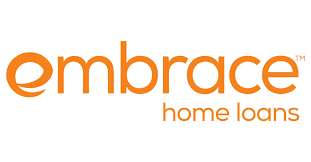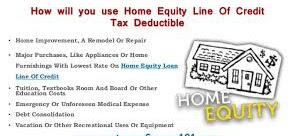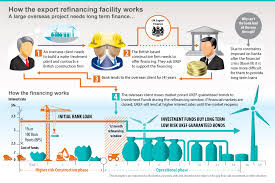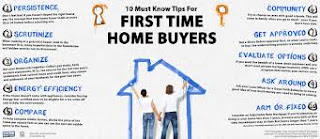Strategies for Saving Money on Your Mortgage
Six Strategies for Saving Money on Your Mortgage - The key to saving money on your mortgage is to get the best possible mortgage for yourself. Sounds so obvious it's silly, right? But the point here is that you don't need to do it the way everyone else does. In fact, if you're willing to educate yourself in the ways of the mortgage world, you can save quite a bit of money by being a little different.
Below we introduce you to some of the strategies that other Fools have used. But remember, the only person who knows if it's right for you is you.
Seller Concession: The 6% Solution
There is something called a seller concession that is worth considering. It works like this: suppose you agree on the price of the house at, say, $200,000. You then ask the seller for a 6% seller concession. What this means is that you add (up to) 6% to the price of the house. That's right, you're now going to pay $212,000 for that house -- but the seller is going to give you that $12,000 back when the sale takes place. You're going to use that money to cover all of your closing costs.
If we pretend for a moment that those costs add up to precisely $12,000, then what you've done is folded those closing costs into the mortgage. Points, title search, recording fees -- all of these closing costs, most of which are not tax-deductible, and which we discuss in an article on making the deal -- have effectively been included in your mortgage. Since your mortgage interest is tax-deductible, these costs have effectively become tax write-offs.
In addition, you don't have to come up with all that extra cash at settlement. Your down payment will be somewhat higher, (if you're putting down 20%, then in the current example your down payment would be $42,400, versus $40,000) and, of course, your mortgage payments will be higher, but it ends up saving you money.
The seller has no reason to refuse this -- after all, the agreed-upon price is still the same.
What's the catch? The catch is that the house has to appraise for the higher value. If the appraiser comes back and tells you that this house won't appraise for higher than $200,000, you can't do it.
Let's look into this a little further. Say you buy the house for $200,000. Your $40,000 down payment leaves you needing a loan for $160,000. You get a 30-year loan at 8%. Your monthly payments for principal and interest are $1,174.
Now say you decide to use the 6% seller concession strategy. You buy this house for the price of $212,000. You put down 20%, and this leaves you needing a loan of $169,600. Your monthly
payments will be $1,244, or $70 more per month. Is it worth it?
payments will be $1,244, or $70 more per month. Is it worth it?
To begin with, many people aren't going to feel an enormous difference between paying the extra $70 per month -- not nearly as much as they would feel having to fork out an extra $12,000 all at once. But what about the fact that you have to now pay this extra money over the course of 30 years? Well, over the course of 30 years you're paying $25,200 more for that extra $12,000 ($70 more per month x 12 months in a year x 30 years = $25,200).
However, remember that's $12,000 less out of your pocket at the time of closing. If you take $12,000 and invest it at 10% (less than the market average has returned over the past 35 years) then your money will grow to over $200,000 (before taxes) at the end of 30 years. So, in this scenario, it's well worth it.
Naturally you'll want to run the numbers for your particular loan to see whether it would be worth it for you.



























